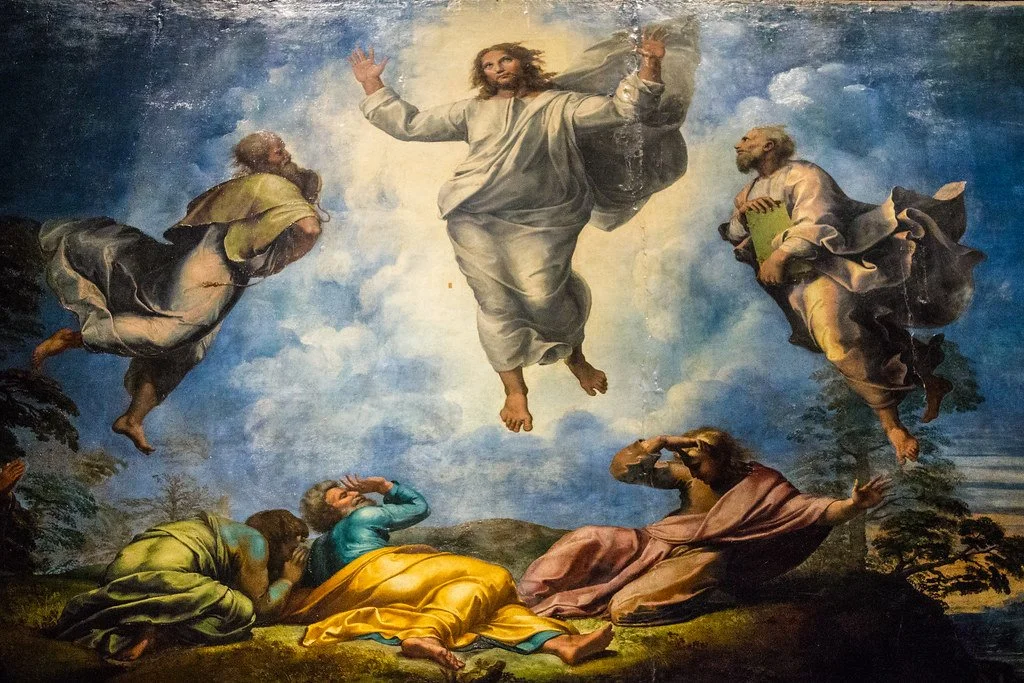
Welcome
Everyone welcome,
no exceptions

Everyone welcome,
no exceptions
Lent is sometimes seen as a test of piety and self-discipline and, at first glance, our readings appear to support this view: In Genesis 2:15-17, 3:1-7, Eve and then Adam are tempted and fail whereas, in Matthew 4:1-11, Jesus is tempted and does not fail.
But faith is not a pass/fail proposition. The word translated at “tempt” in Matthew can also be translated as try, test, attempt or examine. It expresses the process of trying to find out the nature and qualities of the thing or person tested. Jesus is not being tempted to sin as much as he is being tested to find out who he is: Satan repeatedly asks: “if you are or since you are …” in an attempt to discover what it means to be “the son of God”. Satan seems to have clear ideas about what this involves.
In our lives we discover that many people have ideas about who we are and how we should behave; and listening to them can draw us away from our true identity, as Eve learns when she listens to the serpent.
Jesus’ answer to the demands and expectations that others have of him is to return to his identity as a beloved child of God; he is as God has made him nothing more and nothing less.
Lent is not a test for us to pass or fail. It is a time for us to return to the ground of our being and remember who we are. It is about discovering once more that the only true and important thing about us is that we are beloved children of God.
Lent it is not about self-improvement. It is about self-discovery.
Holy Spirit Clapham uses ChurchSuite. ChurchSuite is designed specifically for churches with the potential to draw us closer as a community and make us more effective than ever in our mission work together.
